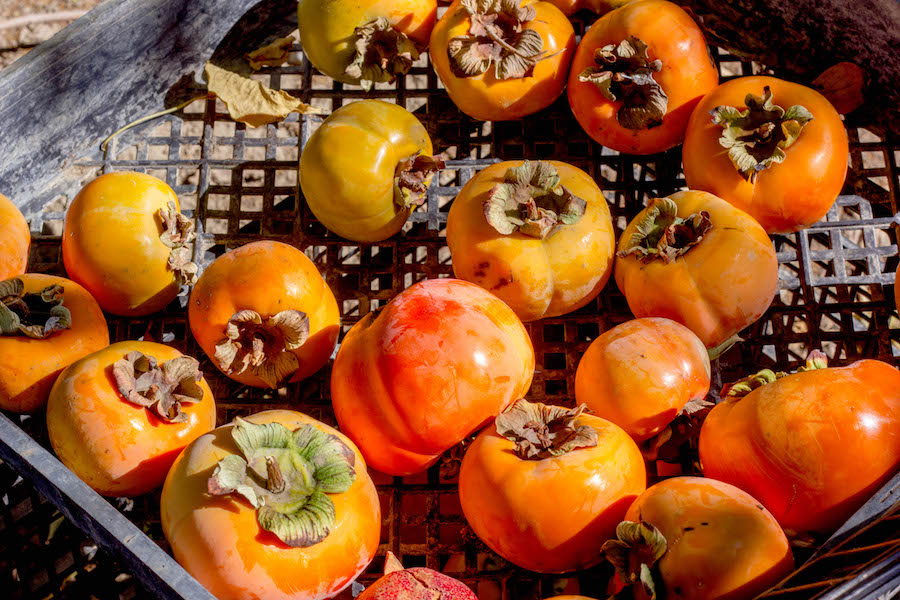
UC Davis community focuses on food insecurity, food sustainability
From animal science to viticulture, UC Davis is home to a wide variety of research subjects. Among these fields of study is the groundwork involving food sustainability. Food insecurity, a condition in which people are unable to provide nutritional food for themselves, is prevalent in society and in the UC Davis campus community.
“We have lots of [food insecurity] issues in the United States and globally,” said Daniel Sumner, professor in the National and International Agricultural Economics and Policy Department and director of the UC Agricultural Issues Center. “Lots of my research […] is focused on world food as an issue of sustainability.”
Though many students may not realize it, food insecurity is a common problem for many people, including UC Davis students. According to Mikael Villalobos, director of the Campus Community Book Project, many UC students face issues regarding access to nutritional food.
“I think all of us can connect to [food issues] in that we are aware that there are folks that are directly impacted by food insecurity,” Villalobos said. “What are we doing as a campus community to address that as a community issue?”
What students and faculty are doing, in fact, is more than one may realize.
A variety of UC Davis professors, students and staff continue to collaborate on developing programs and research projects to aid food insecurity on local, national and global levels. Paul Gepts, professor in the Department of Plant Sciences, studies different varieties of crops to find food that is both nutritious and affordable.
“It’s a basic need to have food security so that people have enough to eat and also to derive adequate income,” Gepts said. “To [some], it’s World Food Day every day.”
World Food Day, celebrated on Oct. 16, is a day to commemorate and bring awareness to the movement to end world hunger. In contribution to these efforts, Gepts’ research in California focuses on varieties of beans that are able to adapt to high temperatures while requiring less water, while Sumner’s work was able to bring together specialists in various scientific fields to discuss nutritional standards in 2015.
“Really what I find fascinating about UC Davis is working with the best scientists in the world,” Sumner said. “They’re thinking of ways to get more food from the things we have.”
As an economist, Sumner works with plant pathologists and breeders to solve problems regarding waste reduction and post harvests.
“For many of the poor people of the world, basic grains — wheat or rice — are the staple foods,” Sumner said. “When there is less grain in the world, prices tend to spike and the rest of us have a terrible time. People die.”
In his individual work, Sumner concentrates on the study of food economics, which involves the choices that people make in regards to food access. For example, according to Sumner, many families across the globe will choose to starve in order to feed the strongest man in the family.
As Gepts and Sumner conducted their research, the UC Davis Campus Community Book Project was initiated in 2001 as a way for the campus community to connect on different topics of diversity and inclusion. Each year, a selection committee chooses a book for the project from nominations by members of the community.
This year, the chosen book was Stuffed and Starved: the Hidden Battle for the World Food System by Raj Patel, bringing the researchers’ work back to Davis.
“[Patel] speaks about […] how the world food crisis has connections to health issues — for example, obesity,” Villalobos said. “[He also covers] the role of corporations, and in this particular case, the monopoly that food corporations have with regard to […] addressing food insecurity.”
Once Stuffed and Starved was chosen, a program-planning committee put together a sequence of book-related events including talks, tours and first-year seminars as a way to spread awareness of the ideas that the book focuses on. This year, a distinguished speakers series at the Mondavi Center on Mar. 13 will feature Patel, who will discuss his book and its worldwide implications.
Other events put on by the Campus Community Book Project committee are even more relevant to UC Davis’ efforts in food security. The committee supports the Edible Campus Project, which uses campus space to build gardens that grow sustainable agriculture. There are also campus tours that showcase the student farms.
“The role of a research institution is addressing that worldwide issue of food insecurity,” Villalobos said. “[We are] looking at ways that we address poverty at a local and global level.”
Despite the challenges that UC Davis researchers, programs and committees face in looking for solutions to food insecurity, the members of the food sustainability community still believe in growth.
“[This issue] does take serious research and analysis,” Sumner said. “But we’ve been making progress for decades, and we can make a lot more.”
Written by: Allyson Tsuji – features@theaggie.org










